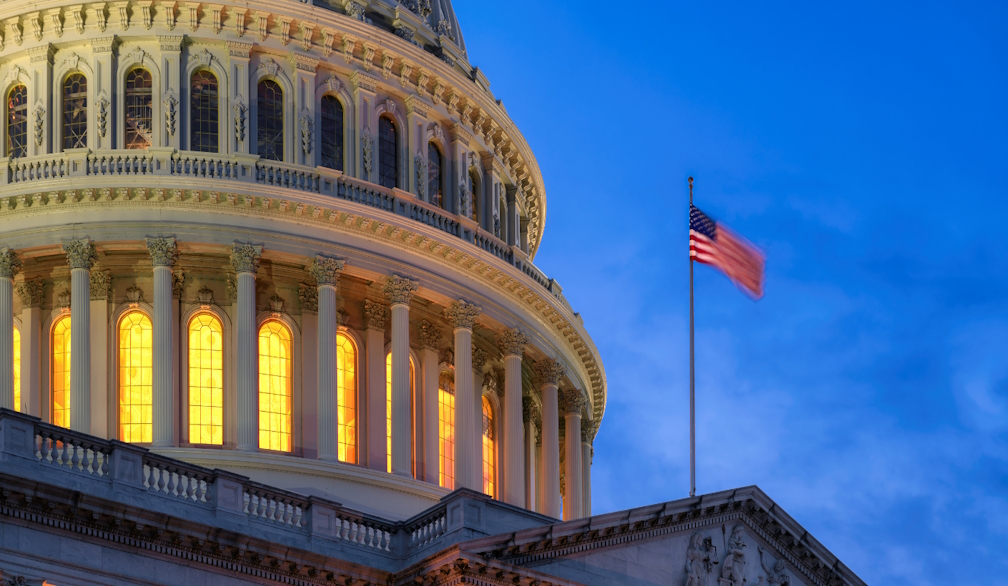How Trump won the hearts of alienated young men
- Written by Kate Scott, PhD Candidate in Social and Political Sciences, University of Sydney

Generation Z was supposed to be a vanguard of progressive politics – more queer, ethnically diverse and environmentally conscious than previous generations[1]. Spurred on by climate protests, racial equality campaigns and feminist movements, we were sold the vision that Gen Z could usher in a more progressive and equitable future.
So, how is it that Donald Trump was elected to a second term despite this cohort now having reached voting age? And how did he secure a larger share of voters under 30 than any Republican presidential candidate since 2008[2]?
The answer may lie in Gen Z’s “Lost Boys”, as they’ve been dubbed by some in the media. Not unlike Peter Pan’s disciples, these young men[3] are failing to mature and find purpose in today’s rapidly changing social and economic landscape. They feel overlooked and shortchanged by left-wing politics and current economic outcomes.
In Trump, they see an outlet for their grievances – a figure who promises to restore the old order and give them the recognition they believe they deserve.
Many young people see no future
Despite the narrative that Gen Z is more progressive than previous cohorts, recent voting data tell a different story when it comes to young men. While the political leanings of Gen Z women have stayed steadily left of centre[4], Trump’s popularity among young men surged by 15 percentage points[5] from 2020.
To understand why so many young men are drawn to Trump’s brand of populism, it’s crucial to look at the broader social context in which they are coming of age. The “Lost Boys[6]” in the United States are disproportionately working-class and struggling[7] with unemployment, underemployment, addiction and mental health crises.
The statistics are alarming[8]. With one in five men under 25 unemployed (and many not actively seeking work), they seem hesitant[9] to adapt to a new economy that no longer offers them the opportunities it once did.
Against this backdrop, young men seek out explanations for their struggles in ways that affirm their sense of injustice. These explanations are often found in the “manosphere[10]” – a loose confederacy of social media platforms and influencers flooded with discussions about how “woke” politics, feminism and the rise of progressive values are undermining traditional masculinity.
In these corners of the internet, young men are told their personal setbacks are not the result of a weakening worldwide economy[11] or personal failings, but rather the consequence of a society that has become too “soft”. They hear that the push for gender equality has made traditional masculinity a thing of the past – that men are being ignored, emasculated and left behind.
The “manosphere” is a space where their grievances are validated and where they are encouraged to embrace hypermasculine ideals as a way to regain control.
Searching for validation
Enter Trump.
Flitting between manosphere influencers such as Joe Rogan[12] and Adin Ross[13], Trump spent hours on podcasts and streams in the lead-up to November 5. The result was so effective that podcasters were specifically shouted out in the victory declaration speech[14] following the election. Since Trump entered politics, he has 107[15] podcast credits to his name, compared with Kamala Harris’ 76.
Notably, Harris’ own interview with Rogan fell through after the podcaster refused to accept her conditions[16], which included travelling to meet her.
In these online spaces, Trump was humorous and humanised. And for Gen Z men who consume more news through social media than traditional outlets, he was highly accessible. Suddenly, he wasn’t just a presidential candidate, but a certified “bro” willing to openly discuss cocaine on a podcast[17].
Trump successfully tapped into the frustrations of these “Lost Boys”. His policies – from mass deportations[18] to curbing diversity initiatives – are framed as solutions to the challenges these men believe they face: competition for jobs and opportunities, the erosion of masculine ideals, and the loss of a once-dominant social order.
Yet as Trump waltzes to the Republican National Convention stage with James Brown’s It’s a Man’s Man’s Man’s World playing in the background[19], it becomes apparent his appeal was never just about policies; it’s about validation. His slogan of “Make America Great Again” resonates with young men who long for an idealised past in which men’s roles were more clearly defined and opportunities more plentiful.
Trump tells these men their frustrations are valid – and they deserve to take back what they believe has been unfairly taken from them.
Where to from here?
If the future belongs to Gen Z, it’s clear this particular subset of young men is not ready to follow the same path as their progressive peers. For many “Lost Boys”, Trump is more than just a political figure – he is a symbol of empowerment in a world that increasingly leaves them behind.
As the political and cultural landscape continues to evolve, understanding this phenomenon isn’t just a matter of curiosity, but a key to addressing the needs of a generation still trying to find its place in a confusing world.
Until figures on the political left learn to be present in these spaces and address the grievances of “Lost Boys”, we may continue to see them rallying around figures like Trump in their search for meaning.
References
- ^ previous generations (www.pewresearch.org)
- ^ 2008 (www.nbcnews.com)
- ^ these young men (www.nytimes.com)
- ^ left of centre (www.theguardian.com)
- ^ 15 percentage points (www.usatoday.com)
- ^ Lost Boys (www.theatlantic.com)
- ^ struggling (www.vox.com)
- ^ statistics are alarming (fortune.com)
- ^ hesitant (fortune.com)
- ^ manosphere (theconversation.com)
- ^ weakening worldwide economy (www.worldbank.org)
- ^ Joe Rogan (open.spotify.com)
- ^ Adin Ross (www.youtube.com)
- ^ victory declaration speech (www.youtube.com)
- ^ 107 (www.podchaser.com)
- ^ accept her conditions (fortune.com)
- ^ cocaine on a podcast (www.independent.co.uk)
- ^ mass deportations (www.cnbc.com)
- ^ playing in the background (www.tiktok.com)

















